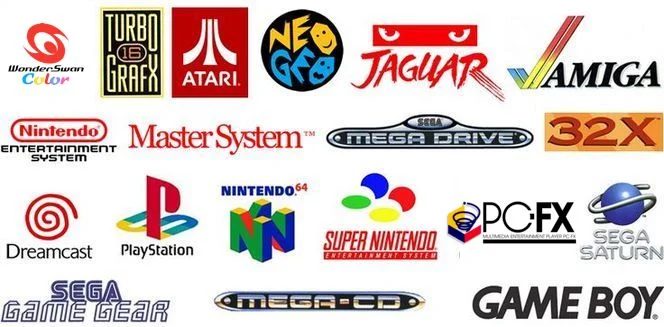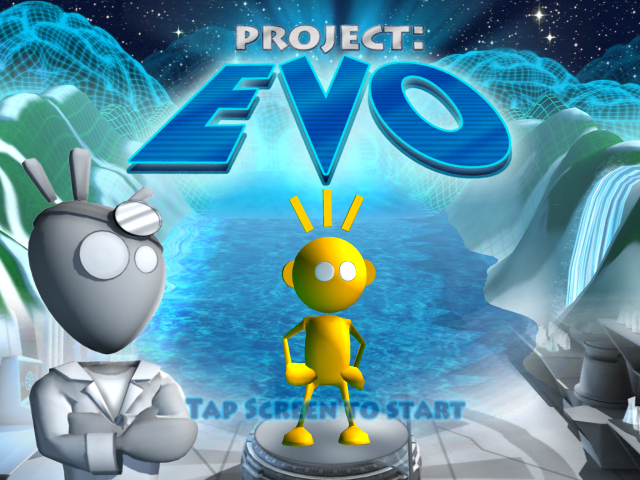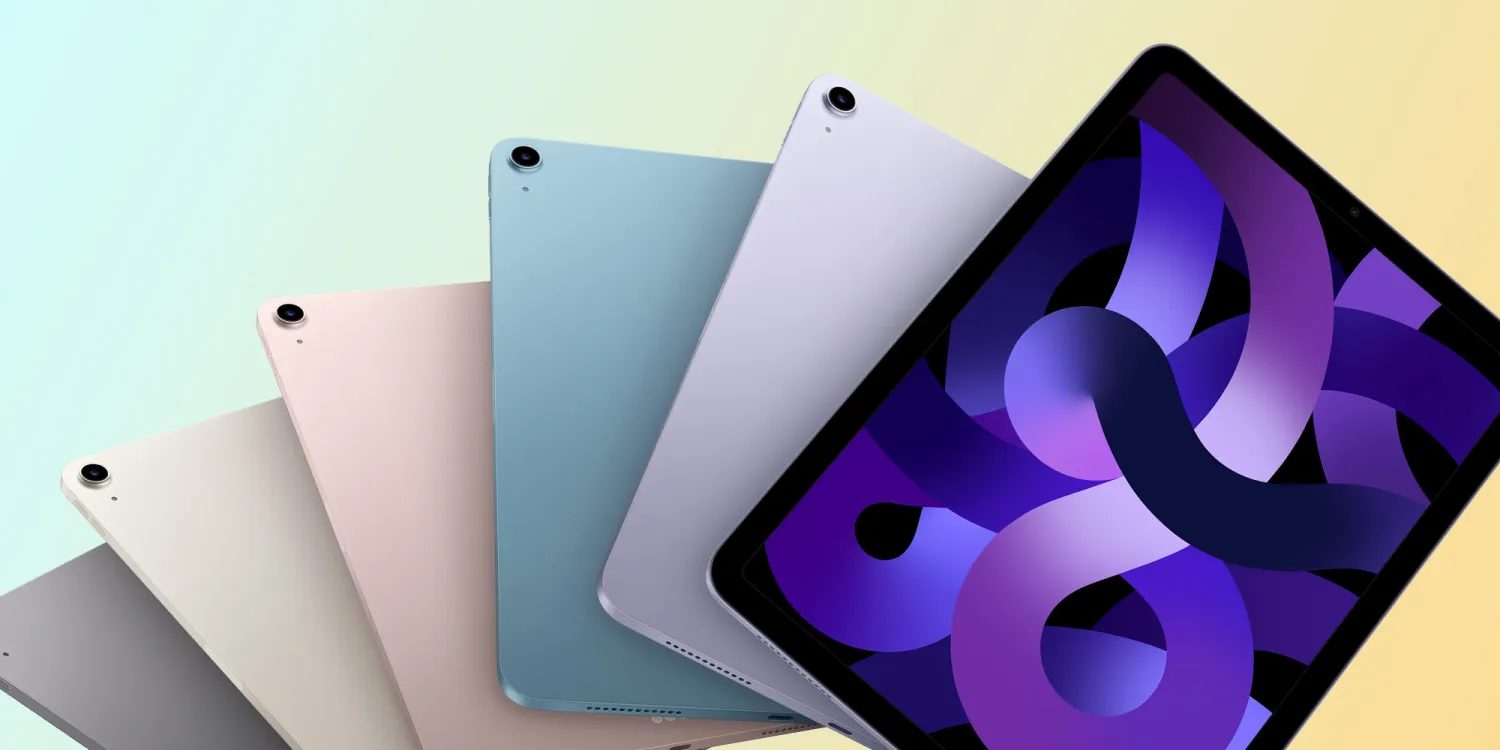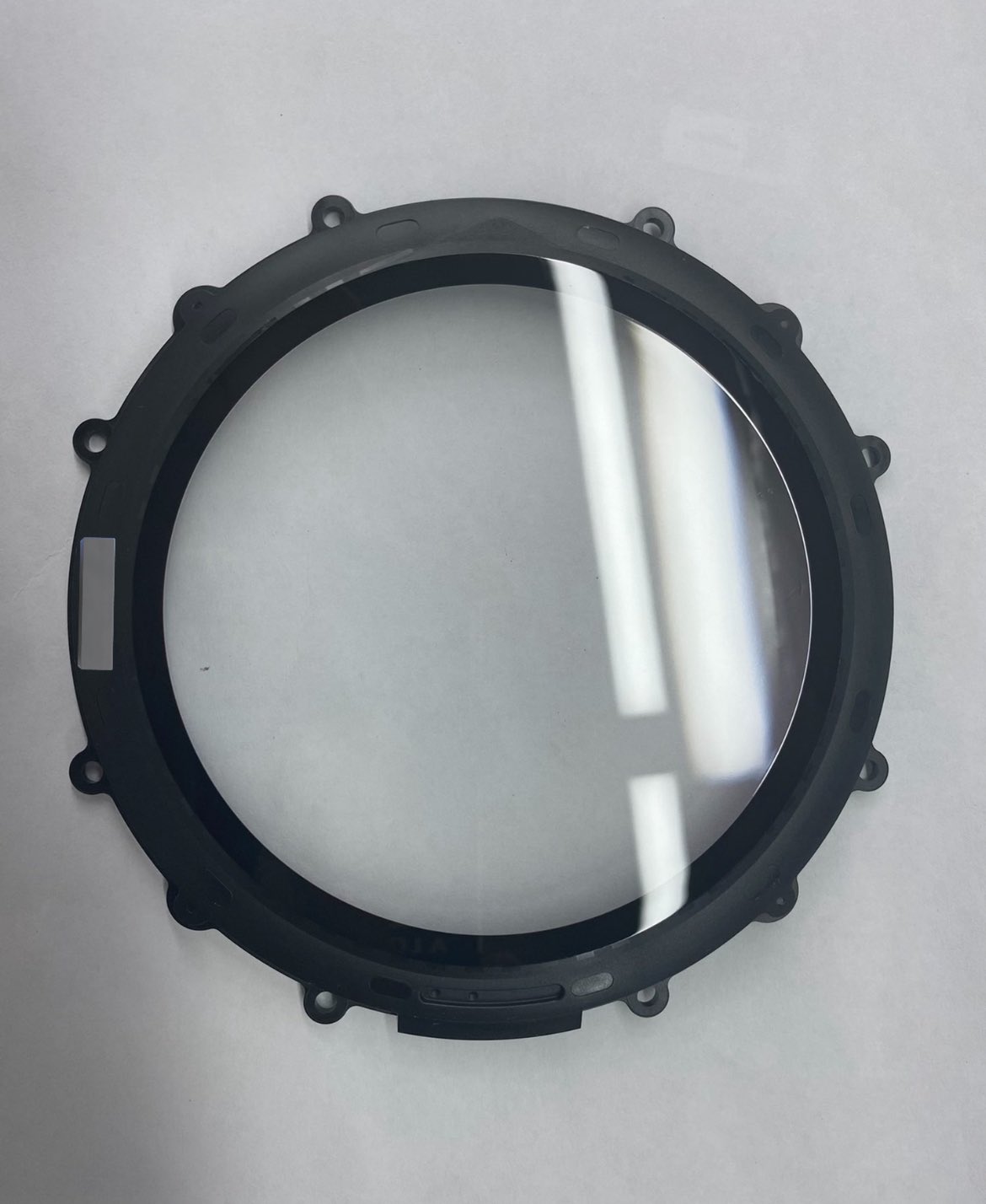
Akili Partners With Pfizer to Test if an iPad Game Can Help Detect Alzheimer’s
Pfizer, a giant pharmaceutical company, wanted to find out if Project:EVO, an iOS app created by therapeutic game developer Akili Interactive Labs, can detect and track the development of Alzheimer’s disease. Akili says, as far at they know, this is the first time a pharmaceutical company has testing anything like this.
The tests are meant to discern cognitive differences in health adults at risk of developing the disease. Depending on the results, the game could be used to identify early symptoms of Alzheimer’s and measure the patient’s response to any given treatment.
The first underlying mechanisms of Project:EVO for NeuroRacer were discovered by researchers at the Gazzaley Lab at the University of California, San Francisco. The game required players to steer around a track while shooting down road signs. A study found that multitasking, memory, and sustained focusing were all improved when working with the elderly.
Scientists considered this a step forward in the efforts to restore ageing brains. Neuroscientist and UCSF lab director Adam Gazzaley, who focuses on technology’s positive and negative impacts on the human brain, co-founded Akili in late 2011. The purpose of the company was to help turn his research into medical products. He said:
“I wanted it to leave the lab and go into industry.”
On Thursday, Pfizer announced their plan to evaluate 100 health elderly individuals who are a mixed group of people who have a risk of developing Alzheimer’s and those who don’t. The researchers will look for differences in the performance and results of each user over the course of a month. The game will be adjusted to each user based on their baseline video game playing abilities. Eddie Martucci, vice president of research and development at Akili, said:
“There is no good cognitive signature, a symptom if you will, for someone who is healthy but has a strong risk of developing Alzheimer’s.”
The performance could serve as a benchmark doctors can use to help evaluate a patient’s response to a given treatment, called a “clinical endpoint”. Focus and memory will not be evaluated in this clinical trial but it may be tested in the future.
Akili raised $7 million through direct investments, grants, and partnerships last year alone. One company that invested in Akili is Shire, which makes and holds patents for Adderall, a medication used to rest ADHD.
Martucci said:
“We think this is an emerging field and we want to be the leaders in it. We’re making a new type of product: Mobile video games that can be mainstream medical tools.”
The game is not yet commercially available on the App Store.
[via Re/code]


